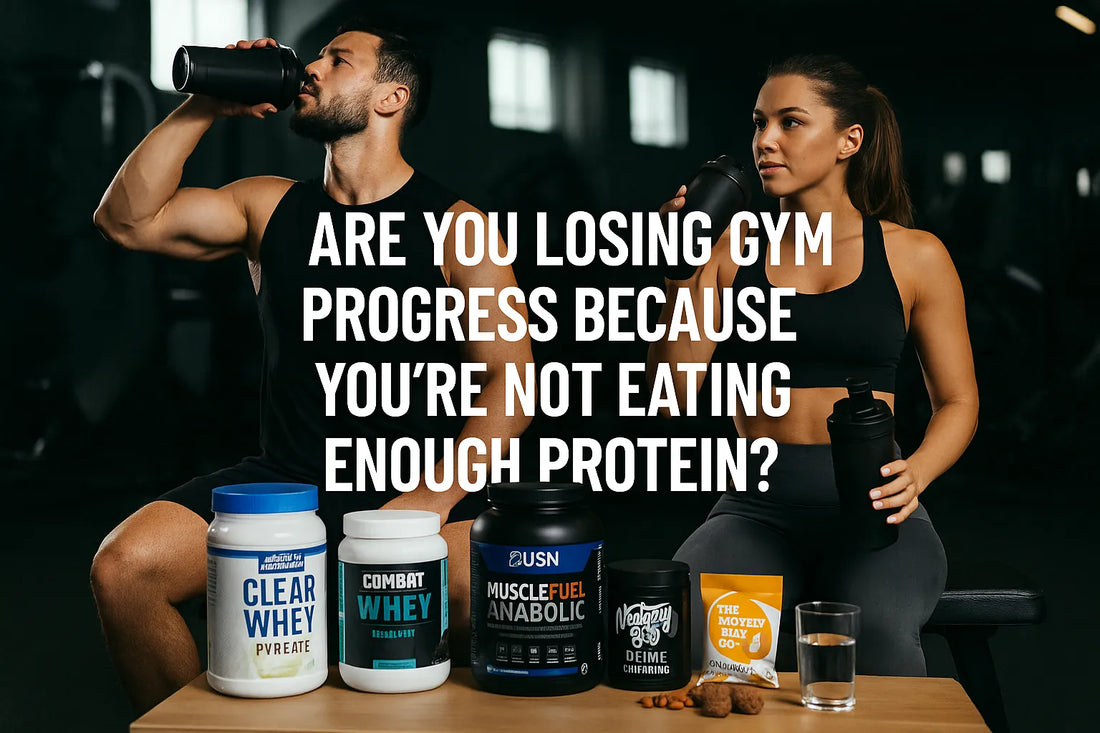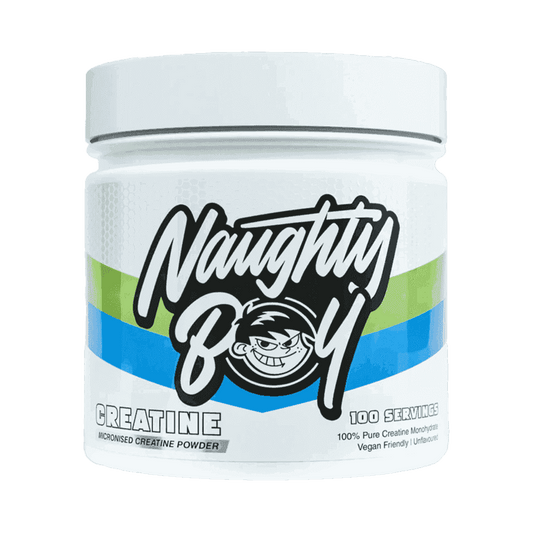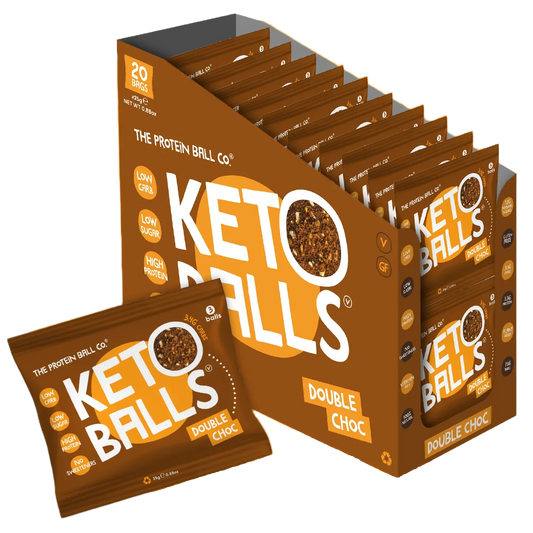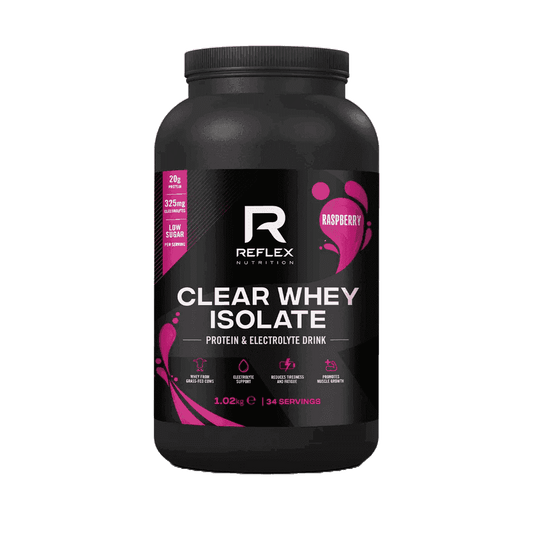It’s one of the easiest mistakes in the fitness world: you train hard, hit every rep, sweat through your cardio… but your results stall. You’re putting in the effort, but the gains just aren’t showing up. Often, the culprit isn’t in the gym at all — it’s in the kitchen.
If you’re not eating enough protein, you’re not giving your muscles the building blocks they need to grow, repair, and stay strong. This isn’t just about bodybuilders — even casual gym-goers can see progress slip away if protein is neglected.
Let’s break down the science, the signs you’re falling short, and how to fix it before you start losing the hard-earned progress you’ve made.
How Much Protein Do You Actually Need Per Day to Build Muscle?
Forget vague advice like “eat more chicken” — muscle growth is science, and science loves numbers.
A good baseline for most people aiming to build or maintain muscle is 1.6–2.2g of protein per kilogram of bodyweight per day. So, if you weigh 75kg, you’re looking at roughly 120–165g of protein daily.
That might sound simple, but unless you’re actively tracking, you’ll be surprised at how easy it is to fall short. A quick breakfast here, a carb-heavy lunch there — suddenly your protein intake is half of what it should be.
This is where convenient, high-quality protein supplements make life easier. Something like Per4m Whey Hydrate 1.8kg delivers a clean hit of protein with added electrolytes for hydration — perfect for post-gym recovery without the sugar crash.

Is 100g of Protein Enough to Build Muscle?
For most active adults, 100g a day is the bare minimum for muscle maintenance — not growth. If you’re pushing heavy weights, hitting intense training sessions, or trying to add size, 100g is probably too low.
Think of protein as the bricks in your muscle-building house. If you only bring half the bricks, you can’t expect to finish the job. That’s why so many lifters increase their protein intake and suddenly see faster recovery, less soreness, and more consistent progress.
For variety and a lighter texture, Reflex Nutrition Clear Whey Protein offers the benefits of whey in a refreshing juice-like drink — a game-changer if you’re tired of thick shakes but still want to keep your protein numbers high.
What Happens If You Work Out but Don’t Eat Enough Protein?
Without enough protein, your body starts scavenging for amino acids elsewhere — and guess where it finds them? Your own muscle tissue. That’s right — all those hours of lifting could actually be undone if your protein intake is too low.
This “muscle breakdown” is part of why people sometimes feel weaker despite training regularly. They’re putting in the effort but fueling their body like a casual walker instead of an athlete.
It’s also why recovery can feel slow. Protein isn’t just for growth — it’s essential for repair. If you’re always sore and struggling to hit your usual performance levels, upping your protein intake could be the fix.
To prevent this, a full-spectrum option like USN Muscle Fuel Anabolic gives you protein plus carbs, creatine, and recovery nutrients — an all-in-one formula designed to keep you anabolic, not catabolic.
What Are the Signs of a Protein Deficiency?
You don’t have to be severely malnourished to have low protein levels — even mild deficiencies can slow your gym progress. Look out for:
-
Constant soreness that lingers far longer than normal
-
Weakness or reduced lifting capacity
-
Slower recovery between sessions
-
Unexplained fatigue
-
Hair, skin, or nail changes from lack of amino acids
The tricky thing is these symptoms can creep in gradually. You might blame your training program or sleep schedule when the real issue is simply that you’re not eating enough of the good stuff.
Snacks like The Protein Ball Co Keto Balls are perfect for topping up your protein in a tasty, low-sugar way — ideal between meals or post-workout if you’re on the go.

Can You Build Muscle Without Protein?
Short answer: No.
Longer answer: You can work out without enough protein, but you’ll mostly be spinning your wheels. You might feel fitter or burn fat, but actual muscle growth will be minimal without the amino acids your body needs for repair and hypertrophy.
For best results, pair your protein intake with proven strength boosters like Naughty Boy Prime Creatine. While creatine doesn’t directly build protein in your muscles, it helps you lift heavier, recover faster, and increase training volume — all of which improve muscle-building potential when combined with adequate protein.
How Long Without Enough Protein Before You Start Losing Muscle?
Muscle loss doesn’t happen overnight — but it can begin sooner than you think.
If you train regularly but under-eat protein for just 1–2 weeks, you’ll likely see drops in strength and muscle fullness. Your body will prioritise essential functions (hormones, enzymes, organ health) over muscle maintenance. The longer this goes on, the harder it becomes to regain lost size and strength.
That’s why it’s smart to treat protein as a daily non-negotiable, even on rest days. Rest days are when your muscles repair, so skipping protein then is like telling your builders to take a break halfway through building your house.

What Is the 2-Hour Protein Rule?
The “2-hour rule” refers to getting a decent dose of protein within two hours after training. This is when your muscles are most receptive to nutrient uptake — a period known as the anabolic window.
While research shows this window might be longer than two hours, it’s still smart to prioritise post-workout protein. Something quick and easy like Combat Fuel Clear Whey is perfect here: light on the stomach, fast-digesting, and ideal for hot weather when a heavy shake isn’t appealing.
How Many Protein Shakes Per Day Should You Have to Build Muscle?
There’s no one-size-fits-all answer. Shakes are a supplement, not a replacement for whole foods. For most lifters, 1–2 shakes per day on top of meals is enough to hit daily targets.
If you’re busy, travelling, or just hate cooking, protein shakes become even more useful. But remember: it’s your total daily protein that matters most, not whether it comes from chicken breast or a shaker bottle.
A good approach is to anchor your day with whole-food protein sources, then use Per4m Whey Hydrate 1.8kg or Reflex Nutrition Clear Whey Protein to fill the gaps.
Can Low Protein Cause Loss of Strength?
Absolutely. Muscle isn’t just for show — it’s your strength engine. Without enough protein, muscle fibres repair more slowly, resulting in fewer adaptations from training. This is why you can actually feel weaker in the gym after a period of low protein intake.
Pairing your protein with Naughty Boy Prime Creatine can help maintain strength during these phases, as creatine supports ATP regeneration (the fuel your muscles use for high-intensity lifts).
How to Know If You’re Eating Enough Protein
Here’s a quick self-check:
-
Track for a week – Write down everything you eat and check your protein total.
-
Check performance – Are you lifting more or maintaining strength?
-
Monitor recovery – Are you still sore 4–5 days after a session? That’s a red flag.
-
Look in the mirror – If muscle fullness is fading, it’s time to fix your intake.
Small swaps can make a huge difference — swapping a sugary snack for The Protein Ball Co Keto Balls or adding a scoop of USN Muscle Fuel Anabolic to breakfast can easily add 20–40g of protein to your day.
The Bottom Line
If your gym progress is stalling, don’t just look at your training program — look at your plate. Protein is the foundation of muscle growth, and without it, no amount of lifting will get you the results you want.
-
Aim for 1.6–2.2g of protein per kg of bodyweight daily
-
Spread intake across 3–5 meals/snacks
-
Use quality supplements to bridge the gap when food isn’t enough
Treat protein as essential fuel, not an optional extra, and your strength, recovery, and physique will thank you.
FAQ’s
1. How much protein do I need per day to build muscle?
Most people aiming to build muscle should target 1.6–2.2g of protein per kilogram of bodyweight daily.
2. What happens if I work out but don’t eat enough protein?
You’ll recover more slowly, risk losing muscle mass, and see reduced strength gains over time.
3. Can I build muscle on 50g of protein a day?
For most adults, 50g per day is too low to build muscle effectively — even with resistance training.
4. What are the signs of a protein deficiency?
Common signs include muscle loss, fatigue, slower recovery, hair thinning, and more frequent illnesses.
5. Is 100g of protein enough to build muscle?
It depends on your weight — for a 75kg person, 100g is below the recommended range for optimal growth.
6. How long without enough protein before you lose muscle?
Noticeable muscle loss can start in as little as 1–2 weeks without sufficient protein intake.
7. How many protein shakes per day is too many?
Most people do well with 1–2 shakes per day alongside whole food sources of protein.
8. Can low protein make you weaker?
Yes — low protein reduces muscle fibre repair, leading to slower recovery and strength decline.
9. What is the best protein source for gym progress?
A mix of whole foods (chicken, eggs, fish, legumes) and supplements like Per4m Whey Hydrate or Reflex Nutrition Clear Whey Protein works best.
10. Should I take creatine if I’m not getting enough protein?
Yes, creatine can still help maintain strength, but it won’t replace the need for adequate protein.





